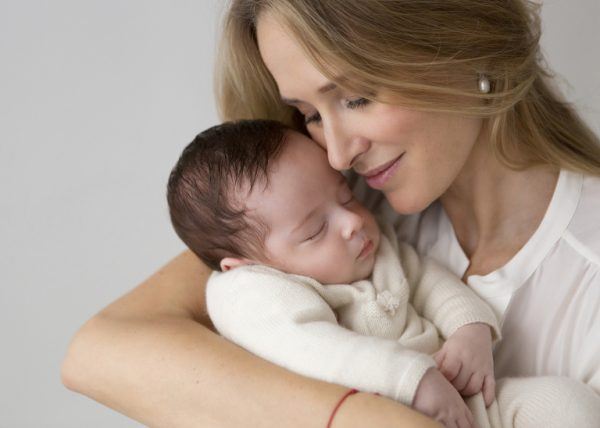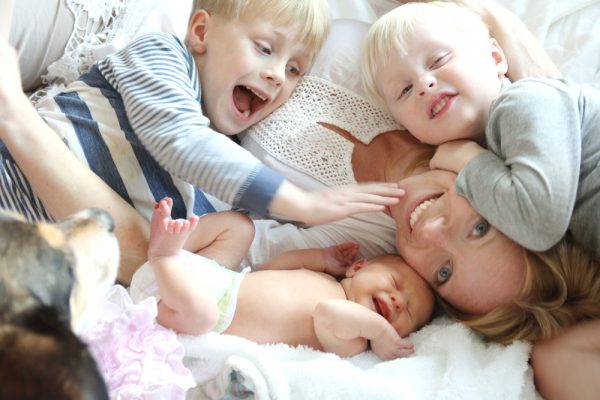Scientists have long said that birth order can play a huge role in who we are for the rest of our lives. Now, a new study has found that oldest siblings tend to have the most power when it comes to their brains.
Back in 2015, the Journal of Human Resources published a study that firstborn children tend to score higher on IQ tests than their younger siblings do. The study was carried out by researchers at the University of Edinburgh and the University of Sydney who looked at 5,000 children in the U.S., following them from pre-birth to the age of 14.

The researchers found that kids who were the oldest in their families tended to perform better on cognitive assessments from a young age in comparison to their younger siblings. This gap between oldest and younger siblings only seemed to get bigger as they got older before becoming consistent as they go through school.
When exploring the reasons behind this, researchers found that parents try harder with their first child, and that the oldest kid gets more mental stimulation and physical stimulation in the form of breastfeeding.

First time mothers are also more likely to be careful during pregnancy and refrain from smoking and drinking for the entire nine months that they carry their child.
In addition, once parents have more kids, they tend to relax and not put as much pressure on themselves to give their children as much attention as they did their first. It’s not that parents don’t love their younger children as much, it’s just that they feel like they’ve been there and done that with their first kid, and they don’t need to do it again.

On top of that, older siblings tend to have more leadership skills, ambition, and a sense of responsibility than their younger siblings. Meanwhile, middle kids tend to be better negotiations, and youngest children tend to be more charming, creative, and manipulative.
Does this ring true in your family? Let us know in the comments section.
COMMENTS POLICY: We have no tolerance for messages of violence, racism, vulgarity, obscenity or other such discourteous behavior. Thank you for contributing to a respectful and useful online dialogue.